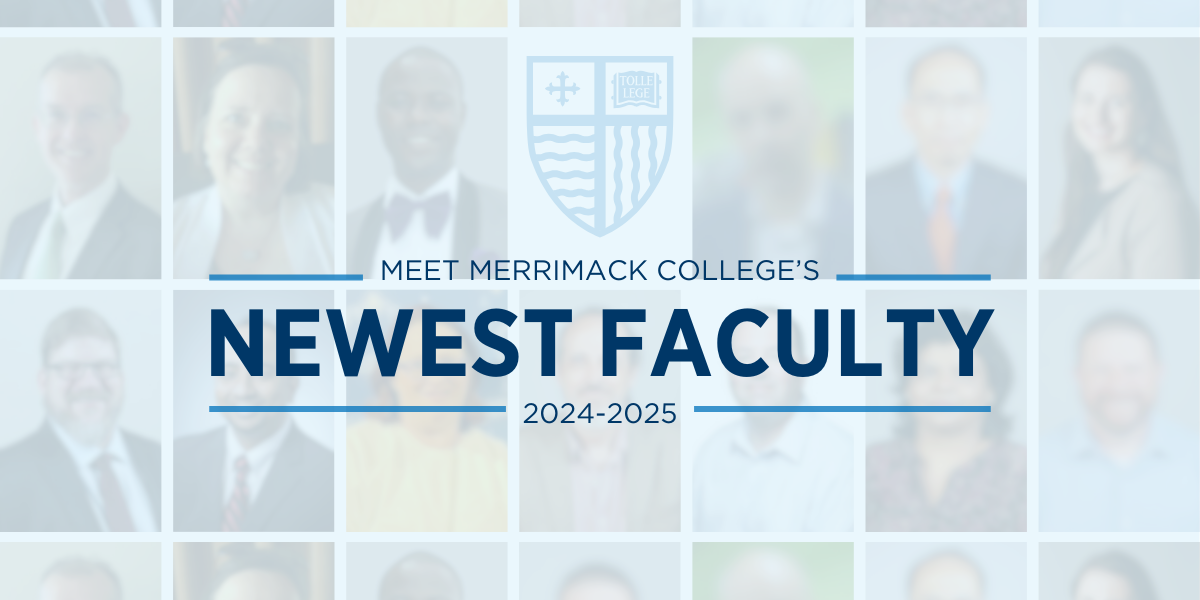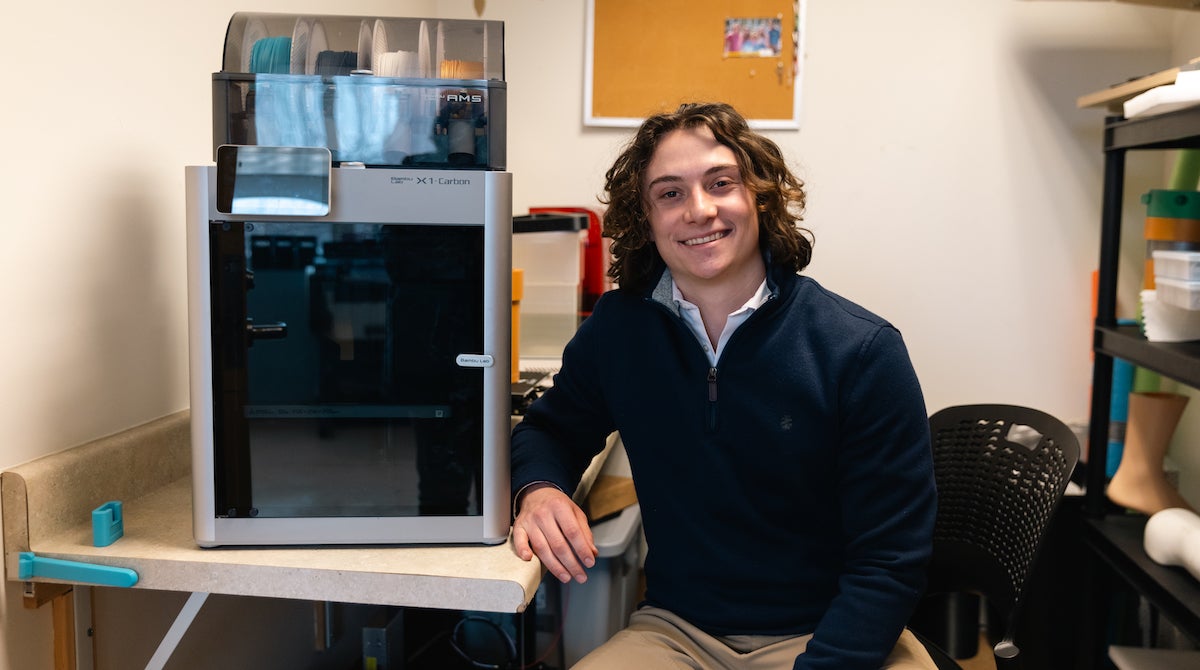Merrimack College’s academics will enter a new phase in fall 2024 that will further enhance the institution’s commitment to innovation in teaching and learning while providing students with greater flexibility and pathways in their education.
The College’s newly designed core curriculum will go into effect this fall semester for all new students. Housed in the School of Arts and Sciences, the core curriculum includes courses grounded in Merrimack’s Augustinian Catholic intellectual tradition, as well as courses that connect students to a wide breadth of academic disciplines.
Additionally, Merrimack students can more easily pursue a minor or concentration as part of the core curriculum. The College offers more than 50 core minors and more than 20 certificates, ranging from chemistry to Catholic studies to cybersecurity to communication.
“We know a lot of students are interested in adding minors and other credentials to their college experience,” said John “Sean” Condon, senior vice president and provost. “With the new core curriculum, we are enhancing students’ ability to develop their own path that emphasizes the skills central to a baccalaureate experience. We will also look to develop new interdisciplinary concentrations and minors”
The new structure of the core curriculum at Merrimack includes courses in religion, diversity, humanities, social sciences, STEM and a first-year seminar.
Condon noted that with core general education curriculums, higher education institutions work to find a balance between giving students choices while providing coherence. In recent years, a number of colleges and universities have moved to attach credentials to core curriculums to expand students’ education pathways.
For example, Merrimack’s new core curriculum structure has built-in flexibility for students to more easily turn their minor into a second major.





